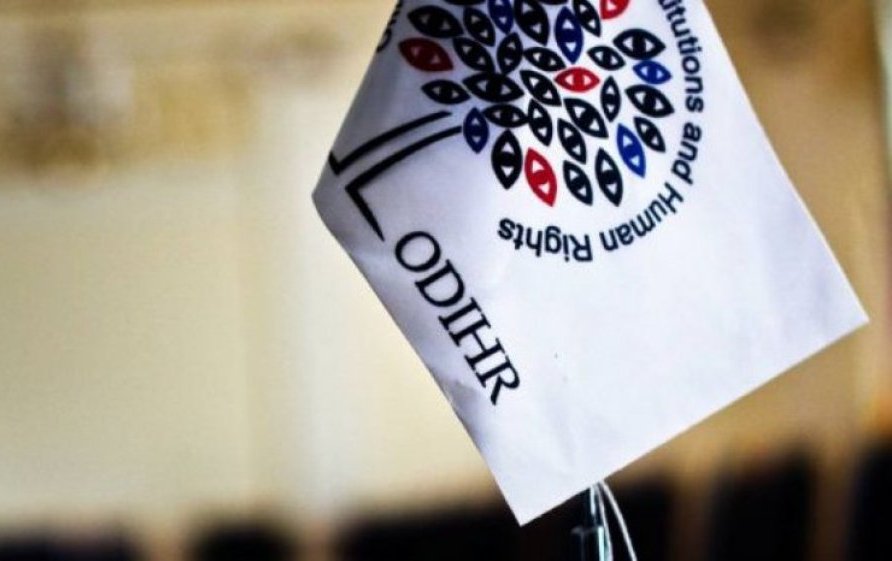ODIHR report: Nomination of Supreme Court Judges to be still marked by shortcomings despite recent improvements
Shortcomings in the process of judicial nominations to Georgia’s Supreme Court put the independence of the judiciary in the country at further risk, despite some recent improvements to the transparency and accountability of the process, the OSCE Office for Democratic Institutions and Human Rights (ODIHR) said today in its third monitoring report.
“A transparent, fair and credible system for selecting judges is fundamental to judicial independence in every country,” said ODIHR Director Matteo Mecacci. “There was a lack of clear standards and guidelines during this selection process, negatively impacting the equal opportunity of all candidates to succeed.”
“Today’s interim report identifies a number of weaknesses in the nomination process over the last six months, noting that legislative changes made during three overlapping appointment processes for 11 seats on the Supreme Court have called their fairness and equality into question.
Hearings continued to be held even after parliament failed to provide a formal legal basis for the High Council of Justice (HCJ) to halt its nomination process for pending vacancies in line with a political agreement reached earlier this year. The assessment notes concerns both about the effectiveness of the procedures and equal treatment that arose during the nomination process. Although national legislation provides clear mechanisms to avoid conflicts of interest in the appointment of Supreme Court judges, ODIHR also observed significant breaches of standards that could undermine both judicial independence and public trust”, reads the report.
ODIHR has been monitoring the process of nomination and appointment of Supreme Court judges since 2019 to support the national authorities’ efforts to strengthen judicial independence and the rule of law in Georgia. The ODIHR monitoring assesses the compliance of the judicial nomination procedure with national legislation, as well as with international standards and good practices.
This latest monitoring activity was launched by ODIHR following a request from the Georgian ombudsperson. Monitoring of the most recent judicial nominations began in December 2020, and included the monitoring of all candidate interviews before the HCJ and the related Council sessions.
ODIHR said it continues to follow the appointment process, and will sum up its overall findings and recommendations in a final report.

